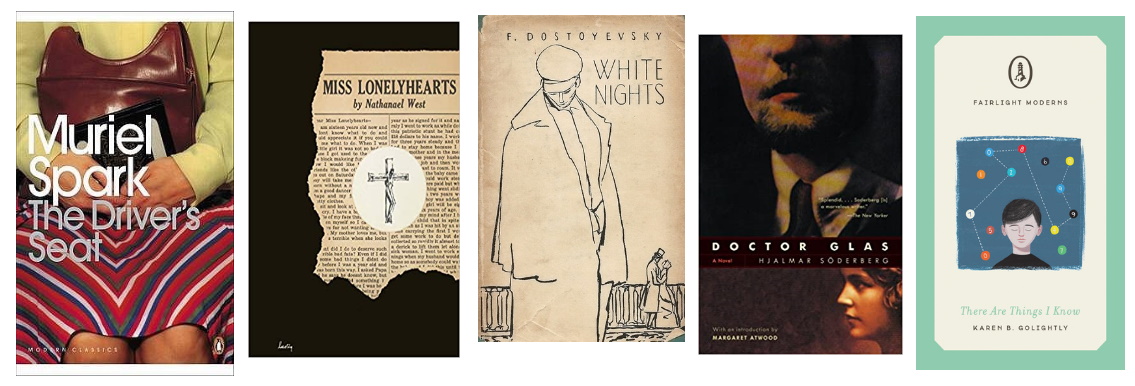A good place to start with writing characters is thinking of what they need / want most. Then list at least three things that are preventing them from achieving their goals.
A character acts to solve a problem and without conflict people will lose interest in your story. It is better for your character to have a need rather than a want, as this will help keep the reader engaged in your story. The stakes are higher.
For example, your protagonist needs to find out who killed their parents, rather than your protagonist wants to get a new job. You can tell already which story has the higher stakes.
Or you can clinically introduce cause and effect. How will your characters actions affect them or those around them? Does your character's action lead to a reaction, or another action?
Point of View is an excellent tool for writers. The thoughts and feelings of your characters will in the best cases of novella writing, give as deep a connection to readers as they have with the real people in their lives, this is because they know your character's innermost thoughts, and flaws.
If you want your readers to truly engage with your story, it is essential that they grow to care about or sympathise with your main character. When your readers first pick up the book it is important that they are curious and feel empathy towards your protagonist. It is your job to ensure that the readers don’t put the book down because of a loss of interest in your story, which will probably be because of loss of interest in the primary character.
Finally, you need to ensure that your characters are well motivated in their pursuits. If they don’t have a good enough reason to do what they do, your readers will know. Plot twists are a great tool, but overuse can confuse and frustrate your readers. Developed character motivations can be the difference between a good book and a great novella.

